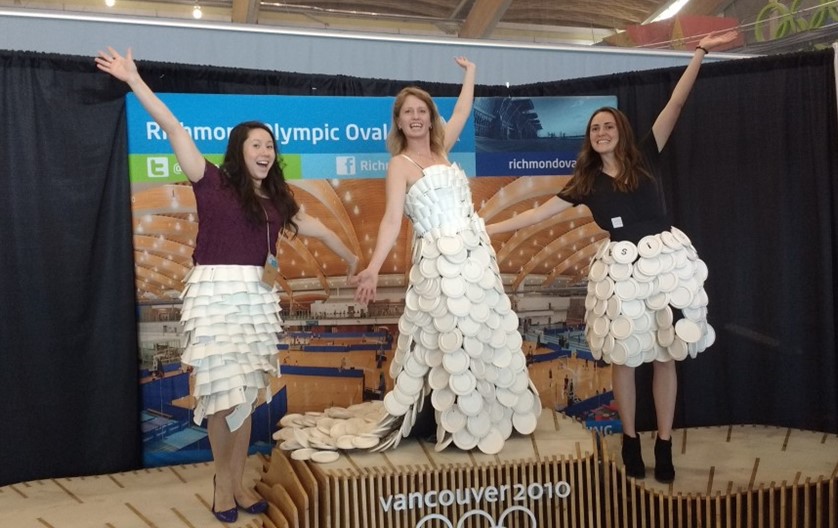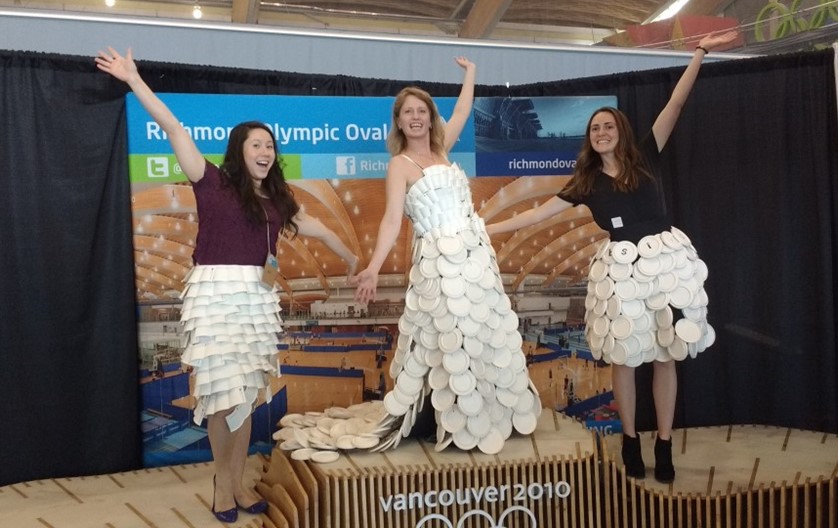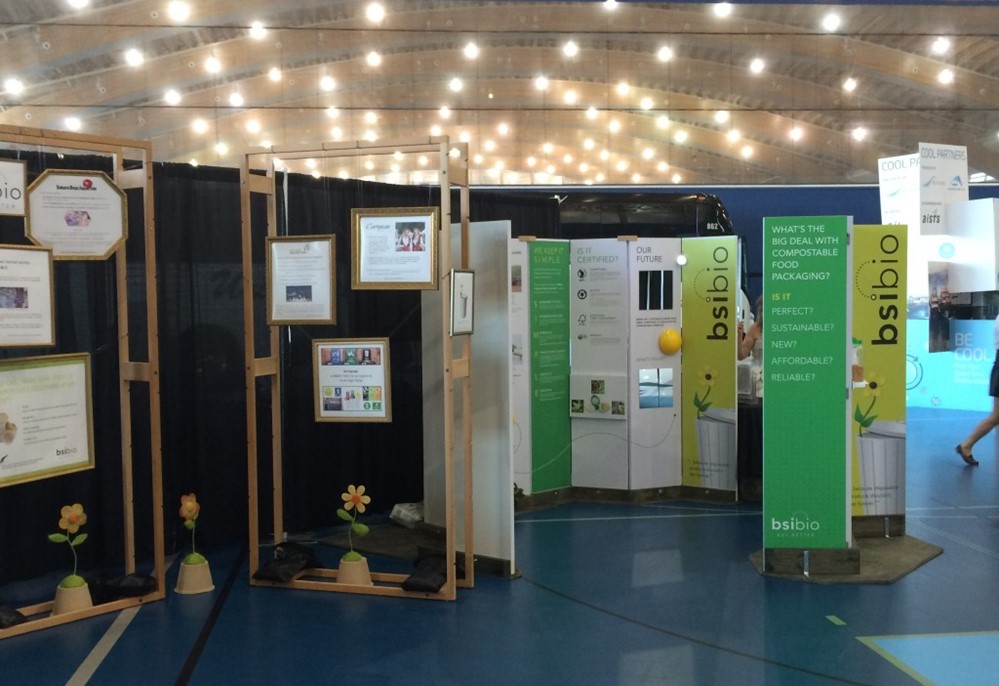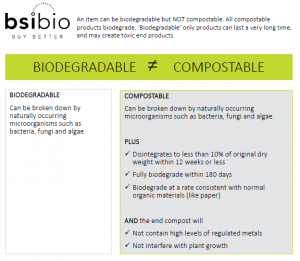
How to cut the waste out of sampling!
April 19, 2016
“A Plastic Ocean” Canadian Movie Premiere! Get Your Free Ticket
January 5, 2017ZERO WASTE Events are Simple with These 3 Questions

Earlier this week, the City of Richmond hosted the COOL Sustainability Expo. With today being Earth Day, it’s a great time to think about sustainability for your events and conferences.


Before we share our 3 key questions, let’s first look at what a sustainable event is and why they are becoming more popular.
What is a sustainable event?
A sustainable event has a lower impact on the environment. If you are a food vendor or caterer at a sustainable event, be prepared to answer tough questions. Event organizers will be measuring their environmental impact and one of the first areas of improvement is sure to be reducing food service waste.
Why host a sustainable event?
The average conference produces 2.5 pounds of waste per person per day (source: MeetGreen). Attendees are becoming increasingly aware of their impacts, and want to participate in a guilt-free experience. The expectation is that you – as a food vendor, supplier, or planner – understand that impact. They are looking for accountability and actions from you to reduce it.
How do you plan a zero waste event?
Creating sustainable waste solutions means taking a step back and looking at the whole picture. You can think of this in terms of a circular economy for events. Start treating your products as valuable resources! This will help you determine their environmental impact from raw material to disposal.
3 Questions every event planner should ask to get to zero waste
1. What is our goal?
Set a sustainability target and make sure it supports the core function of the event. Communicate your goal upstream to suppliers and downstream to waste haulers. Work with food vendors to get the buy-in you need to create a welcoming, knowledgeable environment for your guests. Keep in mind that you may not reach your goal at your first event, but you will learn a lot trying. Event planners who have been moving towards zero waste for years still have room for improvement. Measure your results and keep researching best practices for your next event.
2. Do we have the right products?
When considering the flow of materials in and out of your event, you will want to make sure your compostable materials are, in fact, compostable. Check the BPI website‘s Certified Products & Suppliers or ask your suppliers for their BPI certification numbers. Equip your vendors with the resources they need to make the right purchasing decisions.
Our “biodegradable vs compostable” handout is a great place to start. We also cover this in our blog post “Demystified: Biodegradable or Compostable?”

3. Is the material going to get where it needs to go?
Talk to your waste hauler about your diversion goals. If you are working within an ‘open’ system, you may need to use recyclable and compostable materials. Check out the resources available from the National Zero Waste Council for information on working with open systems. We can help you create a ‘closed loop’ system where all compostable products, including polylactic acid (PLA), will get to the right place! Remember, there are many waste haulers to choose from – contact us for our recommended waste hauler list.
Once you answer these 3 questions, you are already on the way to your sustainable event. As a bonus, you will see the brand value of ‘going green’!
Do you have more questions? BSIbio is here to help.
